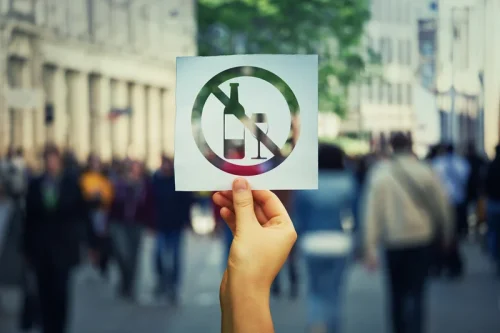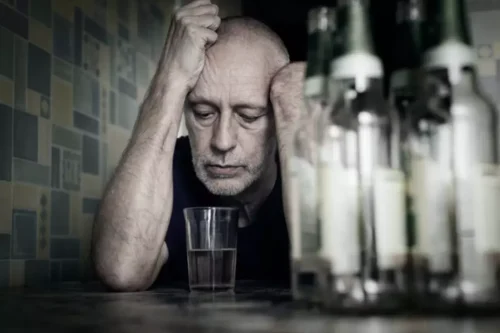
It also makes heartburn more likely because it relaxes the muscle that keeps acid out of your esophagus, the tube that connects your mouth and stomach. The body may tolerate a moderate intake of beer without experiencing dehydration. While drinking extra liquids may generally lead to more frequent urination, a diuretic liquid such as alcohol will encourage the body to expel even more liquid.
Drinking Too Much at Once

Drinking after a nutrient-dense meal of healthy carbohydrates, protein, fiber, and fats provides more of a “slow release” effect. Because the antidiuretic effects kick in more slowly, you are less likely to experience dehydration. With impaired antidiuretic hormone, you’ll notice more trips to the bathroom and less concentrated urine. Essentially, expelling much-needed fluids that your body wouldn’t normally waste.

Drink Responsibly At Altitude

Without enough ADH, your kidneys produce more urine, which can lead to dehydration. If you’ve been drinking and are experiencing alcohol dehydration symptoms, you need to restore your body’s fluid balance. Here’s how to rehydrate properly and recover from alcohol dehydration. While it’s well known that drinking too much alcohol can lead to a hangover, even moderate alcohol consumption can lead to dehydration and electrolyte imbalance. The best way to avoid alcohol dehydration is to avoid consuming alcohol entirely.
- The pituitary gland is responsible for regulating our growth, metabolism, and reproduction by creating and regulating hormones.
- Some can be tricky — like high-quality wines with a higher alcohol by volume than low-quality wines.
- In another study in 20 older adults, drinking just 2 servings of wine increased short-term urine output.
- There’s been a push in recent years, especially among millennials, to cut back on alcohol.
Drink responsibly
Whether it’s due to insufficient hydration during the drinking session or the dehydrating effects of alcohol, dehydration is a health concern that should not be overlooked. Understanding the effects of alcohol on dehydration and how it can impact your health is crucial to making informed decisions about does alcohol dehydrate you your drinking habits. Alcohol can increase urine production, which can lead to dehydration. When the body is dehydrated, it tries to conserve water by producing less urine. However, alcohol can interfere with this process and cause the body to produce more urine than it needs to (breaking the seal).

Short and Long-Term Risks of Alcohol-Induced Dehydration:

Avoid sugary and caffeinated drinks:
- So if you drink 200 millilitres of beer, the end result is 200 millilitres of water.
- A small amount of beer will not lead to severe dehydration, but we should not drink beer to rehydrate.
- Want to keep the effects of alcohol to a minimum without cutting it out completely?
- They occur when there is a disruption in the metabolism of sugar (glucose).
- Whew, that’s not how you meant to start the Thanksgiving festivities.
- It might not be your age that’s affecting your ability to enjoy coffee but other factors, some which are set in stone and others which change over time.
- Since the alcohol content reaches your bloodstream faster, you might find yourself bringing up politics with Aunt Janet just two drinks in.
- Most of it will go out in your urine, and you’ll still end up dehydrated at the end of a night of drinking.